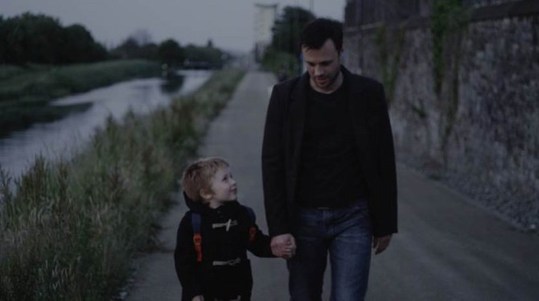 David, a film archivist, and his wife Alice are happily married, or so he believes, living with their young son Billy. While at work, David goes through old police archival footage, discovering that the home he shares with his wife and son was the scene of a ghastly murder. Dismissing it as ancient history, David's life soon becomes shattered when his wife is murdered, leaving David as the primary suspect. Saddened by his wife's death, David begins to suspect dark spirits of the house are involved, leading him down a dark road that threatens his own safety and sanity. Ivan Kavanagh's The Canal is a superbly well-crafted horror film that relies on atmosphere, story, and tension to create a memorable horror experience. On the surface The Canal is a rather standard ghost story concept, but the way the film unfolds, exploring the psychological effect this drama has on David makes The Canal a memorable experience. David is a character who begins to descend into some form of insanity, with the lives of even the ones he loves seemingly in danger. The Canals treatment of this is what makes the film truly special, playing with the viewers perception as it pertains to David's psyche, making it unclear whether ghosts are indeed prevalent or David has simply lost his mind due to the guilt of murdering his own wife. This is a film that never falls victim to the tropes of the genre, delivering a surprisingly poignant portrait of loss. The Canal isn't cloaked in cheap scares or gore, being more intent on delivering a strong, spooky story. That being said, the disturbing sequences are well placed and extremely effective. Expertly crafted, The Canal uses a heavy dose of jump cuts to great effect, disorienting the viewer while raising the tension throughout the experience. Between Ivan Kavanagh's The Canal & Ciran Foy's Citadel, Irish cinema is on a nice little run when it comes to making genuinely impressive horror films.
0 Comments
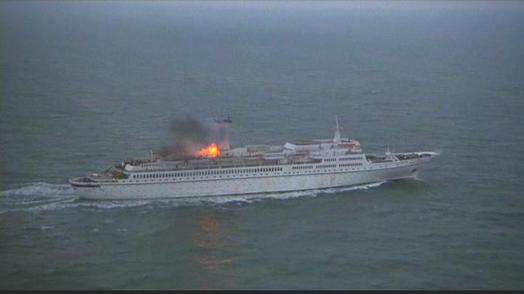 Setting sail for the United States, the guests of the Britannica look forward to all this behemoth has to offer. Their fun and excitement is short lived when a mandman, who goes by Juggernaut, plants explosives on the luxury liner, demanding a large sum of money in exchange for instructions on how to successfully diffuse the bombs. Nicholas Porter, a high ranking company official, attempts to persuade his superiors to pay the madman's ransom but they refuse, leading Nicholas to rely on Supt. John Mcleod to help track down the man responsible. Richard Lester's Juggernaut is a tense and thrilling action/adventure that is quite the departure compared to most of Lester's filmography. While many films of this ilk tend to be thrilling but intellectually empty, Lester has created a film that is far more intelligent both emotionally and socially than many of the films of this genre. While the film is taut and tense, Lester injects the film with spurts of his trademark comedy, most notably using Roy Kinnear as a bumbling, entertainment director who comedic-ly tries to distract the passengers from the true danger they face. Juggernaut eviscerates any idea that Lester cannot direct more serious fair, with the filmmaker using a mixture of handheld and wide shots that give this film a grand yet intimate feel. This is a film that knows how to amp up the tension, my favorite device being the use of voiceover, one example being the juxtaposiion of Juggernaut's demands with the passengers having fun on the ship. A lot of fun from a pure escapism standpoint, Juggernaut is a sublte but seething commentary on bureaucracy and the perils of a system that doesn't take care of its own. Fun and intelligent, Richard Lester's Juggernaut is one of the better films of its genre, using this bomb/hostage storyline to question government policies. 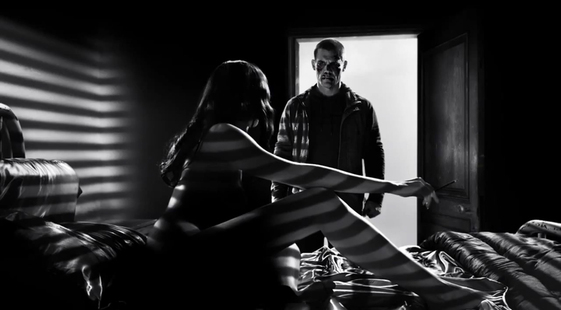 All of our favorite degenerates, killers, liars, and cheats are back in Sin City: A Dame To Kill, which finds Robert Rodriguez and Frank Miller once again share the directors' chair. Sin City: A Dame To Kill is pretty much a carbon copy of its predecessor, full of slick, hardboiled dialogue, impressive visual lighting, and a heavy dose of violence. The biggest problem with A Dame To Kill is its three stories all feel like more of the same, never managing to separate themselves from one and other. From Dwight's story of revenge on his "goddess" ex-wife to Nancy's growing obession with getting revenge on Senator Roake, the stories all feel much more derivative, more often than not ending with a large exchange of violence. Don't get me wrong, Sin City A Dame To Kill still manages to be a good amount of fun, but its storylines begin to blur together, one being just like the next. The one semi-exception to this trend would be 'The Long Bad Night' which finds Joseph Gordon Levitt playing Senator Roarke's son, who wants nothing more than to prove he is better than his powerful, corrupt father. This is the one segment of Sin City A Dame to Kill that's interesting, exploring the lengths which this character is able to go to get his revenge. It's a far more subdued storyline than the other two, making it a refreshing segment to an otherwise bombastic display of gratuitous violence. Sin City A Dame To Kill is sure to please fans of the original but while the first film's segments felt very independent, the sequels' segments struggle to stand-out, being derivative stylistic revenge tales. 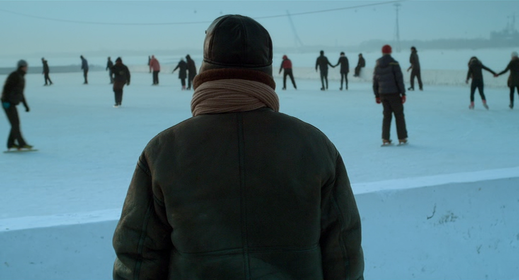 During 1999 in China, the police discover a grisly set of murders where various body parts have been spread throughout the providence. In an attempt to capture the alleged murder, two police officers are killed, with Zhang Zii, the surivving officer, being suspended from duty. Five years later, Zhang works security for a factory, living the life of a drunkard, with seemingly nothing to live for. When a new series of murders occurs, Zhang believes they are related to the 1999 unsolved case, leading him back into the investigation. With the help of an old colleague, Zhang discovers that all the victims of the murders are in someway connected to Wu Zhizhen, a young woman who works at a dry cleaners. As Zhang digs deeper and deeper into the case, he begins observing Wu, slowly falling in love with her. Yi'nan Diao's Black Coal, Thin Ice is a narrative homage to the great detective noirs of the 40s and 50s, using the genre's strengths to craft a poignant study of love and loneliness. Subtle in approach, Yi'nan captures how the detective, Zhang, and the femme fatale, Wui, are incredibly lonely individuals inside, each yearning for something to warm up their cold insides. Black Coal, Thin Ice is a film that effectively blurs the lines between guilt and innoence, delivering an extremely well crafted film that doesn't waste a compositon in telling its tale. Using the detective story, Yi'nan's color drained noirish thriller is an engaging film, capturing the absolute power love is capable of, while decontructing the blurred lines between innocence and guilt. 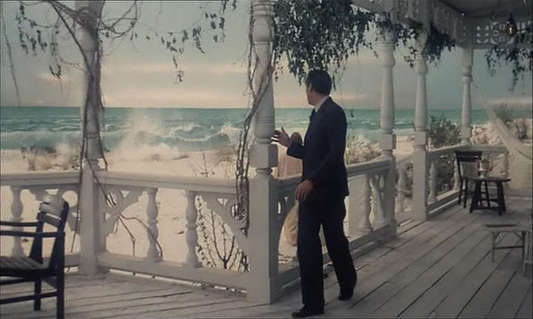 Clive Langham, a successful but drunkard author, finds his health failing him, secluding himself at his Providence estate where he works on his latest novel. For his latest story, Clive bases his characters on his own family - his two sons, Claude and Kevin, as well as Claude's wife Sonia. Writing a melodramatic tale about a bittler love triangle between the three of them, Clive uses a heavy dose of imagination, symbolism, and just plain fantasy to craft his tale. Alain Resnais' Providence is a unique take on a relatively simplie story that paints a powerful portrait of memory and time. Clive writes a tale of three hateful, selfish individuals, particularly Claude, who basically set out to destory eachother. With Resnais' typically surrealistic touches and great performances by everyone involved, Providence is a very engaging and atypical tale that exposes a man's faltering mind. When the real-life versions of Claude, Kevin, and Sonia come to visit, it becomes clear that Clive is really the man with animosity with Resnais delivering a powerful meditation on time and memory. Clive's story is basically an autobiographical tale, with Claude being a selfish individual whose embittered and devious. That being said, Resnais manages to make Clive a sympathetic character by the end, a man whose memories seem to have completely faded with time. With brilliant comedic flourishes, Alain Resnais' Providence is another one-of-a-kind experience, telling a pensive tale of a man losing to time.  Megan, late 20s, is smack dab in the middle of her quarterlife crisis, struggling to grasp where she wants to be. Overeducated but a bit aimless, Megan has no career prospects and no motivation to even contemplate her future. While her group of high school friends check off milestones in their life like marriage, children, etc., Megan is lagging behind, unable to relate to almost anyone. When her high school sweetheart proposes, Megan panics, given unexpected escape when she meets Annika, a 16 year-old girl who lets her crash at her house with her single father Craig. Lynn Shelton has always been an incredibly underappreciated filmmaker in my opinion, showing an incredibly ability to take a somewhat generic, schmultzy premise and inject it with geniune truth and profound ideas about our lives. Laggies is no exception, with Shelton creating a film with lots of fascinating observations about life, growing old, and individuality. Shelton's Laggies captures the loss of youthful exuberance that comes with old age but it doesn't stop there, presenting a portrait of a woman who is terrified of the organized structure of adulthood. Laggies presents adulthood as a structured experience, arguing that people's desire to check off milestones in their life goes completely against our desire to live spontaneously. Megan is terrified of falling into this threshold and perhaps Laggies most important statement revolves around trusting oneself and never going against ones own inner voice. In a day and age where people view so many things as "selfish", Laggies argues that being selfish is inherently important for happiness, following ones own instincts no matter what others think in an effort to make oneself happy. Never overly sentimental or manipulative, Laggies is a pensive study of adulthood and finding oneself, being another impressive feature fom Lynn Shelton. 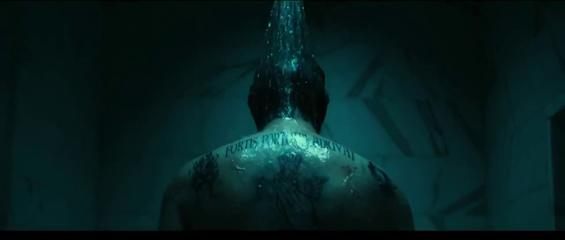 John Wick, a recently retired high-end hitman, is trying desperately to leave his old life behind. After the death of his wife who struggled with an undisclosed disease, John keeps to himself with no real purpose or drive to live. One day a dog shows up at his door, a present from his wife before her death, urging him not lose hope and the ability to love. When Russian thugs break into his house, steal his car, and murder his dog, it unleases John Wick, out for revenge against the gangsters who took his last glimmer of hope. Chad Stahelski's John Wick is a fast-paced, acition-packed revenge story that features some of the best action scene chorreography in awhile. The film starts off relatively slow, revealing details of who John Wick is and why he is such a dangerous man. This slow build pays off beautiflly later, when Wick comes out of retirement to make these men pay for taking the one thing his wife left him. Wick is a memorable protagonist because of how feared he is, with lots of well choreographed action sequences and gun play that makes the whole experience a lot of fun. John Wick is a playful film that creates a fun portrait of the criminal underground, with world class assassins and mob bossess intermingling in a game of cat and mouse. I particularly enjoyed 'The Continental Hotel' aspect, a hotel that specializes in housing the most dangerous assassins in the world, a silly and self-aware moment that pays dividends in both comedy and action set-pieces. John Wick is a strong action film that manages to be a little silly but also serious fun, creating a memorable action heroine in the world-class assassin John Wick. 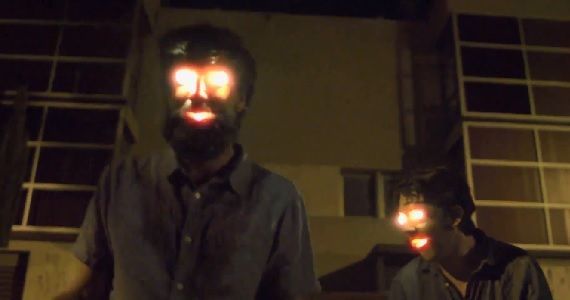 VHS: Viral, the latest film in VHS horror anthology series, tries to step outside the box, compared to its predecessors, using a centeralized story that loosely links the various segments to one and other. It attempts this using a police chase, that involves a deranged ice cream truck driving through downtown Los Angeles that captivates the attention of everyone. Dozens of fame-obsessed individuals flock onto the streets, attempting to catch a glimpse of the carnage on their phones, hoping it leads to the next viral video. The resounding effect - many of these individuals become the stars of their respective videos, as they have to face their own death. After VHS 2 delivered a much strong horror anthology than its predecessor I had high hopes that this thrid installment would further the trend. Unfortunately that is not the case, with Viral being a step-back for the franchise, with many of the segments being nothing more than mildly amusing. Obviously the quality varies in any film of this sort, but outside of a fun, albeit silly, segment about a warped magician "Dante the Great', VHS Viral simply never was able to hold onto my attention throughout its running time. None of the segments in VHS Viral are bad per se, just nothing we haven't seen before, providing very little in the way of scares or tension. My biggest problem with this film in the series is it relies far too much on shock value and gore as opposed to creating atmospheric tension and geniune horror. VHS VIRAL isn't a bad film, but it signals the tired nature of this franchise. 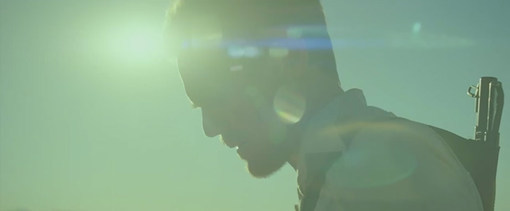 Taking place in the not-so-distant future, Jake Paltrow's Young One's introduces us to a world where water has become the most precious resource on the planet, dictating everything from politics to relationships between neighbors and family. With much of the land completely decimated by drought, hardened survivors struggle to survive with whatever they can find. Earnest Holm lives in these harsh conditions on the frontier with his children, Jerome and Mary. Earnest believes his land is still fertile, spending most of his time petitioning to the local politicans to send a water-pipe through his land. Unbeknownst to Earnest, Mary's boyfriend, Flem Lover, has sinister plans, wanting the land for himself, and willing to go to extreme lengths to get it. Jake Paltrow's Young Ones is a futuristic western that is told in three chapters, one each of its three main characters in Earnest, Jerome, and Flem. This is a strange narrative decision but it works surprisingly well, giving the viewer a chance to get to know each of these characters, understanding their thoughts, feelings, and emotions. The futuristic aspects of the Young Ones is well done, with inventive ideas that are quite impressive given the film's relatively miniscule budget. This futuristic aspect doesn't get in the way of the narrative, feeling very much like an old American Westerns, steeped in Greek tragedy of a young boy in Jerome, having to grow up fast and protect himself and his family. Flem is a very atypical character for actor Nicholas Hoult, a deceptive, sinister man whose essentially weasled his way into a family and land, effectively taking the place of Earnest in the family unit through malicious actions. Young Ones' narrative itself isn't nearly as compelling as it should be, but considering the film's unique dystopian world and shakespearan ideas, it's a relatively memorable film none-the-less. 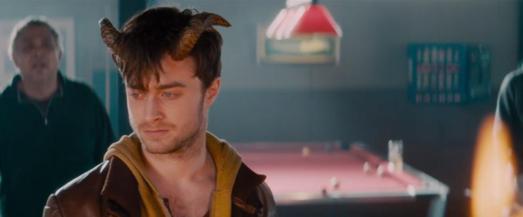 Iggy Perrish has always been deeply in love with his girlfriend, Merrin, completely intent on spending the rest of his life with her. After Merrin is brutally raped and murdered, Iggy becomes the number one suspect, with the whole small town convinced he is responsible for Merrin's death. Binging his sorrow in booze, Iggy awakens one day to find horns growing out of his own head, soon realizing that they give him the power to make people confess their most selfish and malicious thoughts to Iggy. Using his newfound power, Iggy sets out to discover the truth behind Merrin's death, leading him down the path to vengeance. Alexandre Aja's Horns is a supernaturallyfueled horror, mystery film that isn't quite capable of wrangling in all its interesting thematic intentions. Horns is a film that shows a lot of promise, most notably using its supernatural premise to make statements about humanity as a whole. One of the more interesting themes the film raises is the self-righteous and sensationalistic society we have become, with every member of this small town viewing Iggy as the devil himself. Once Iggy gets his horns, the film shows the ugliness of so many different individuals, reminding us that all people have some form of skeleton in their closet. Horns is a film that shows judgemental nature of people, showing the hypocracy of so many individuals who are simply trying to feel better about themselves. Unfortnately this theme isn't explored to its fullest, but Horns still manages to bring some form of social commentary to the surface. The narrative itself is full of a good amount of twists and turns but Horns struggles at times to interweave its supernatural elements with its mystery/crime storyline. Iggy is a tragic character who has lost the love of his life but Aja spends very little time massaging the more tragic romantic elements of the film. Alexandre Aja's Horns is a unique supernatural horror/mystery full of interesting ideals, but it unfortunately the tragic romance aspect of the story is never explored, leading to fascinating film that misses the mark of being something truly special. |
AuthorLove of all things cinema brought me here. Archives
June 2023
|
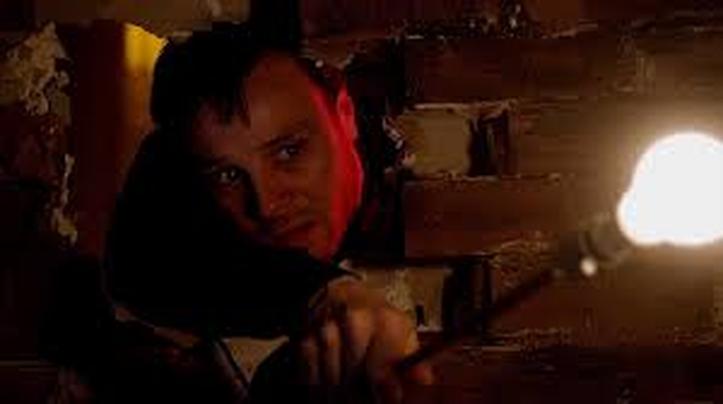
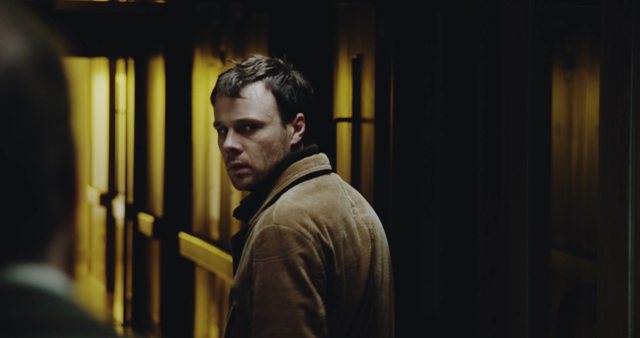
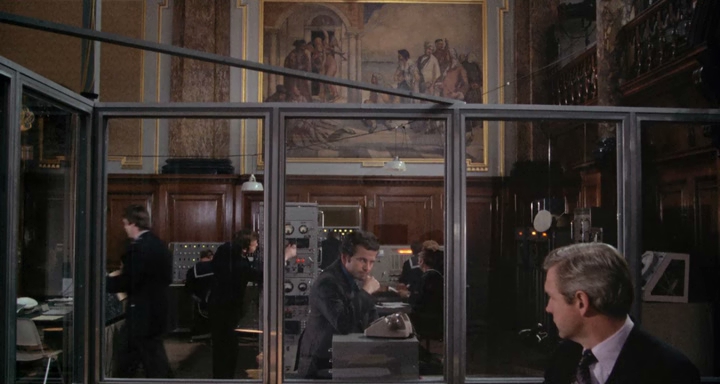

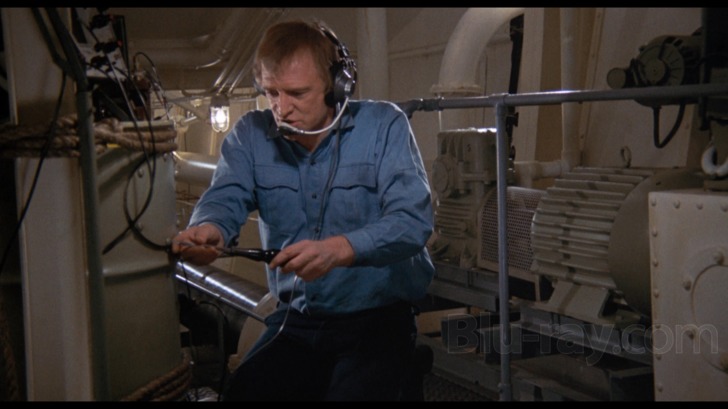
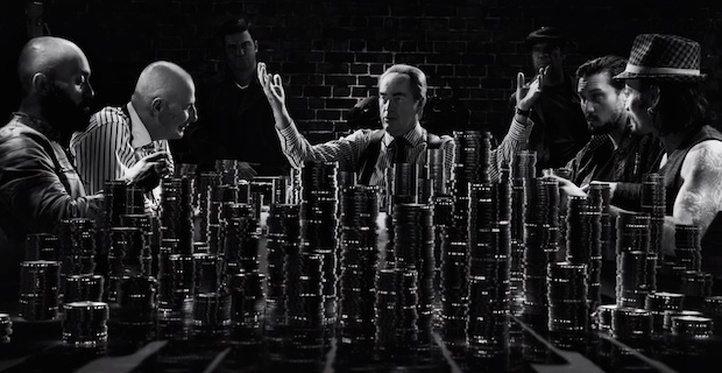

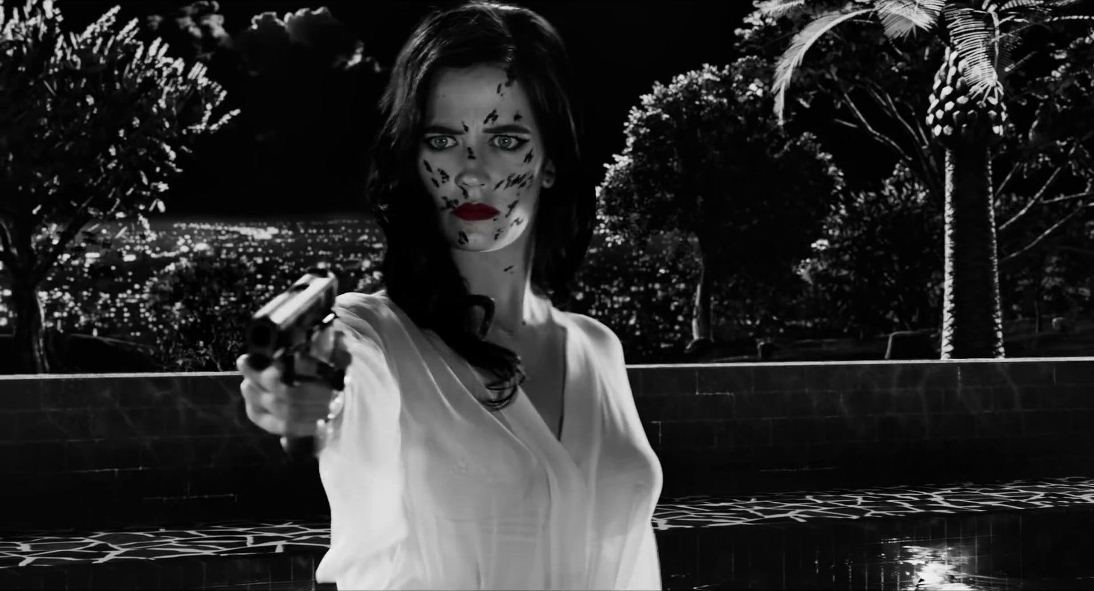
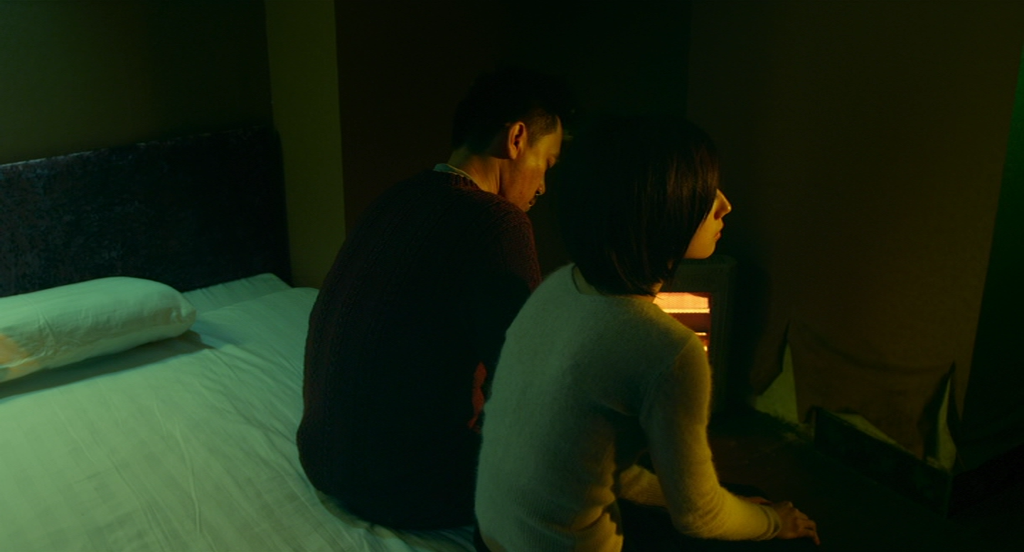
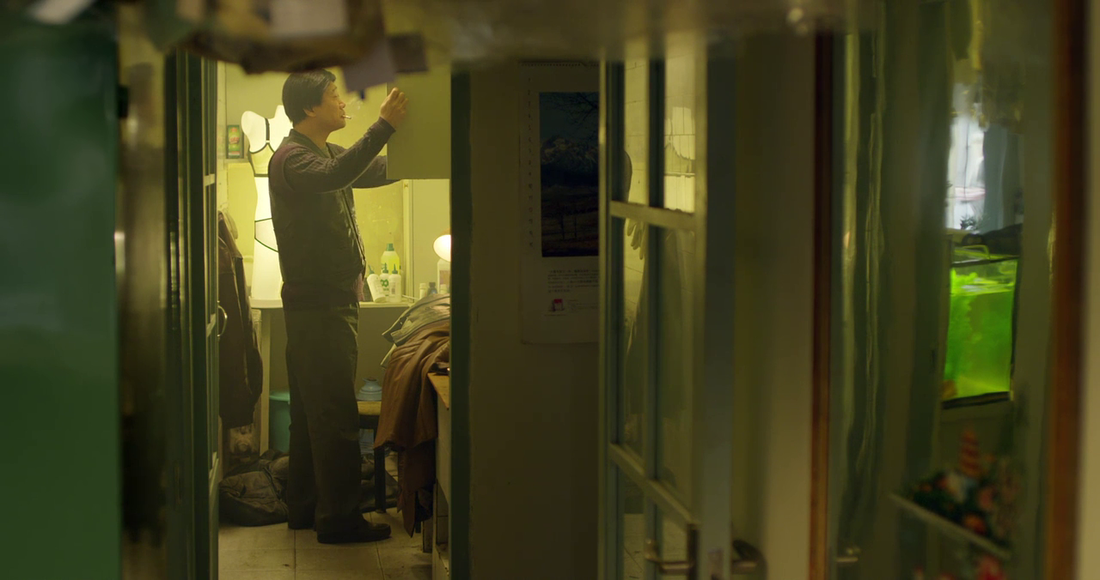
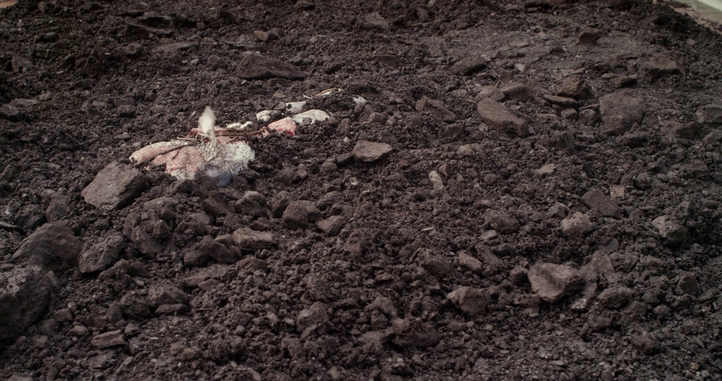
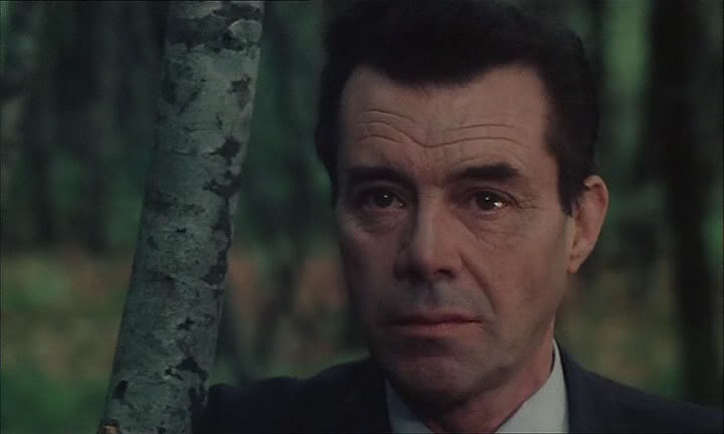
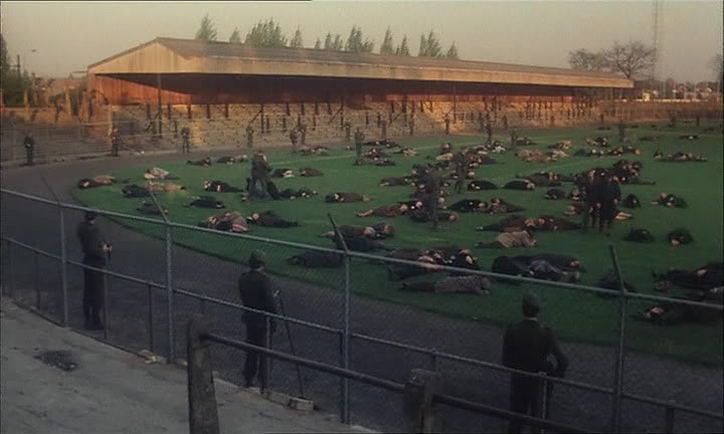
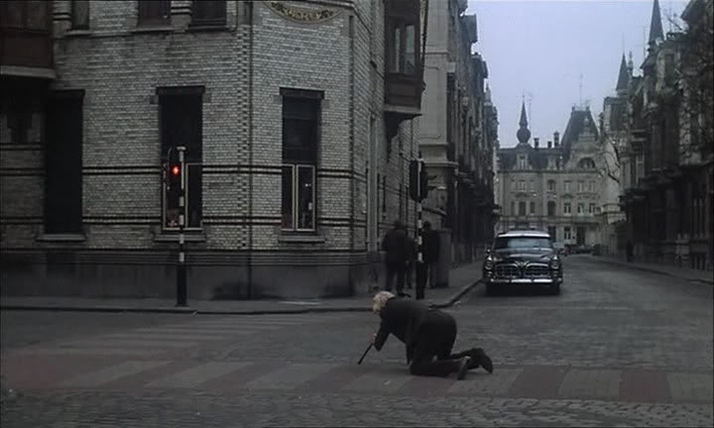
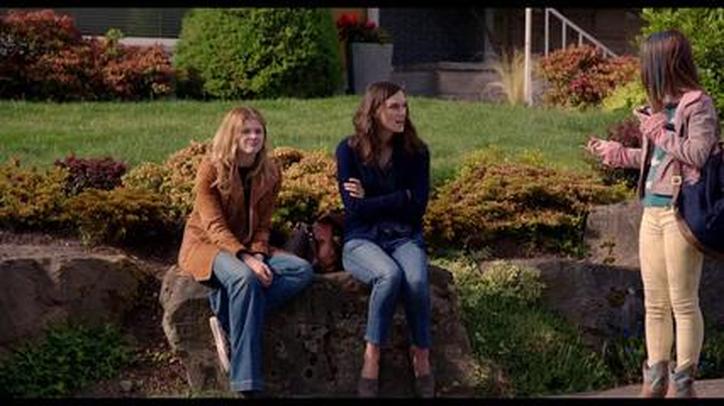
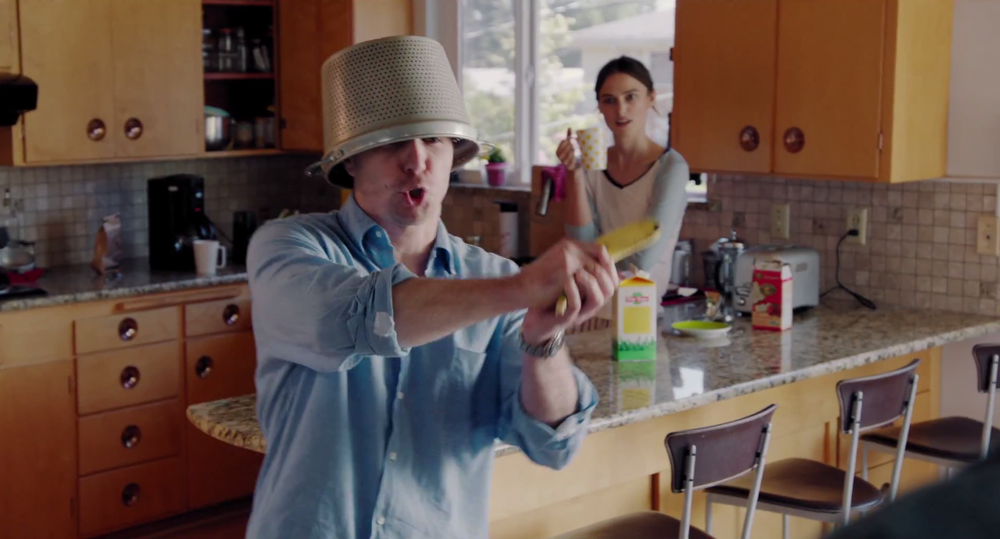


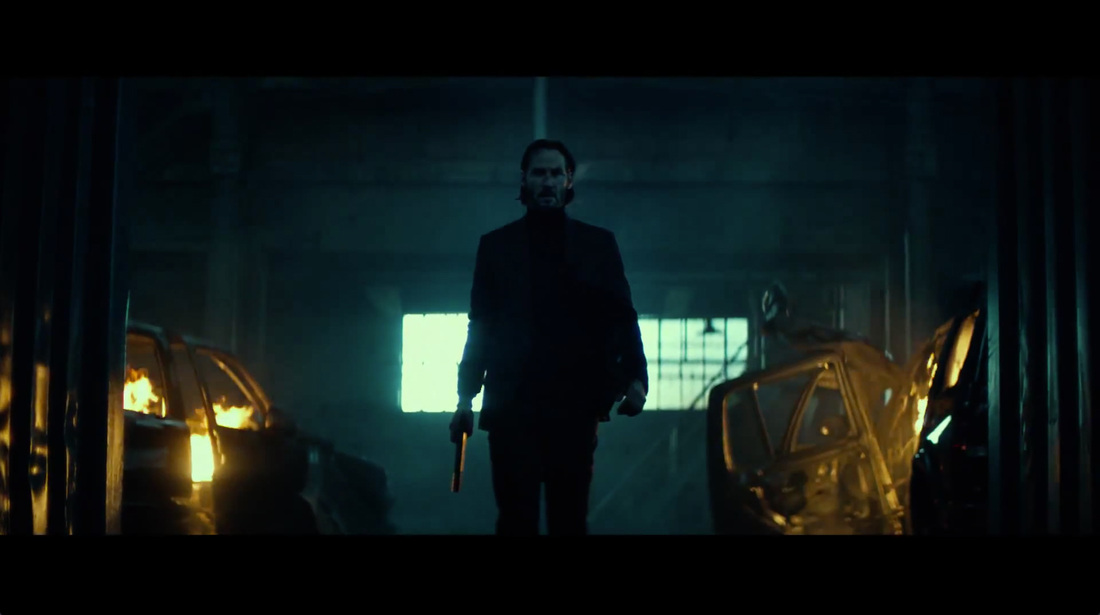
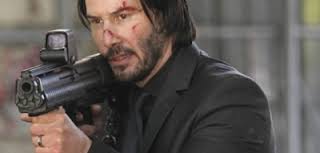
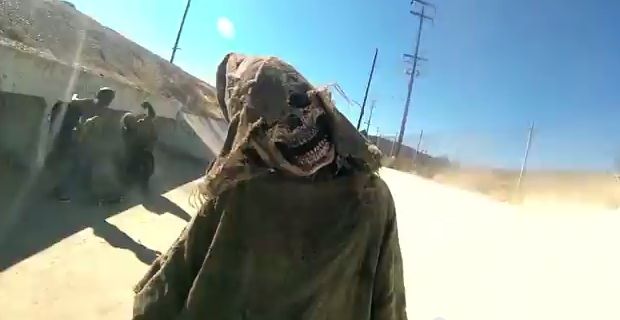

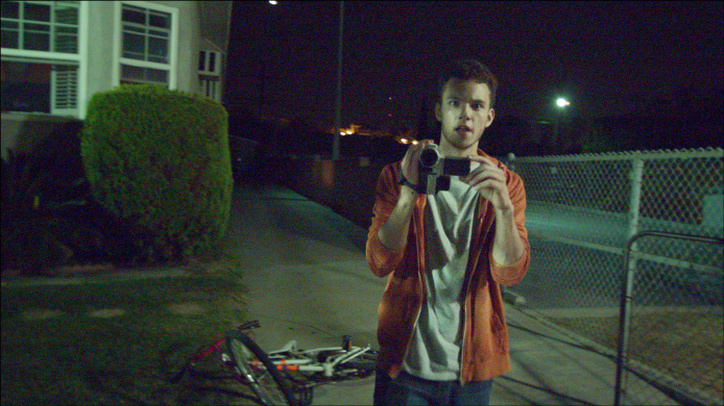

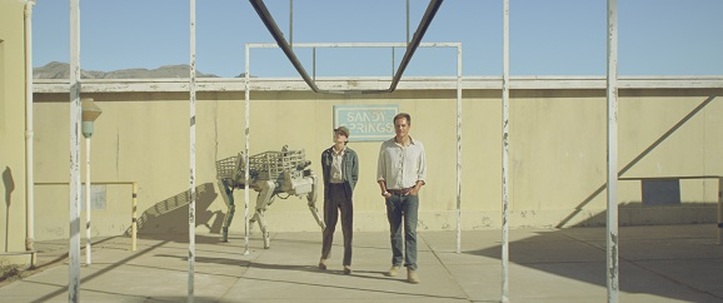


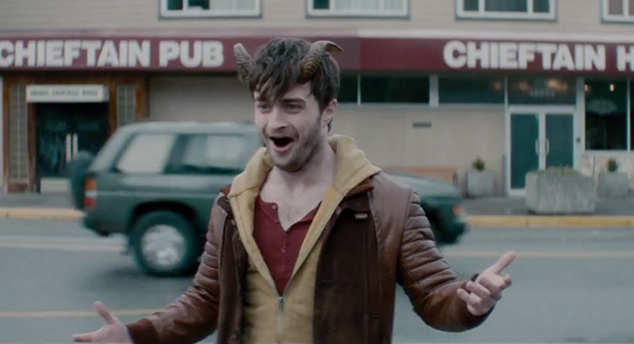

 RSS Feed
RSS Feed
